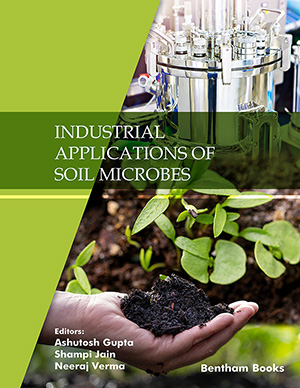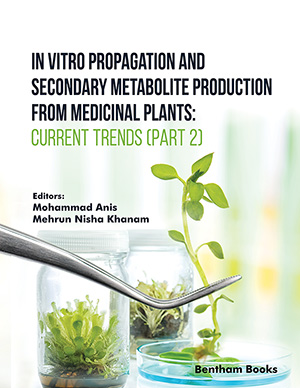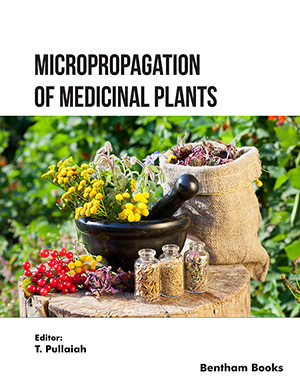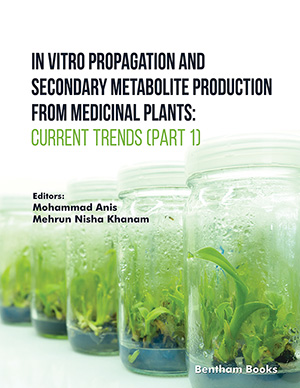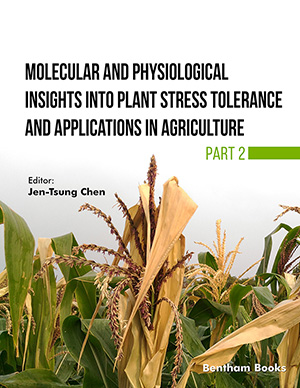Abstract
Cells of the gastrointestinal (GI) mucosa are subject to a constant process of renewal which, in normal adults, reflects a balance between the rates of cell production and cell loss. Detailed knowledge of these events is, therefore, essential for a better understanding of the normal aging processes as well as many GI diseases, particularly malignancy, that represent disorders of tissue growth. In general, many GI dysfunctions, including malignancy, increase with advancing age, and aging itself is associated with alterations in structural and functional integrity of the GI tract. Although the regulatory mechanisms for age-related increase in the incidence of GI-cancers are yet to be fully delineated, recent evidence suggests a role for epidermal growth factor receptors and its family members {referred to as EGFR(s)} in the development and progression of carcinogenesis during aging. The present communication discusses the involvement of EGFR(s) in regulating events of GI cancers during advancing age and summarizes the current available therapeutics targeting these receptors. The current review also describes the effectiveness of ErbB inhibitors as well as combination therapies. Additionally, the involvement of GI stem cells in the development of the age-related rise in GI cancers is emphasized.
Keywords: Gastrointestinal tract, aging and gastrointestinal cancers, tyrosine kinases, ErbB family of receptor tyrosine kinases, ErbB-targeted therapies, pan-ErbB, combination therapy, cancer stem cells
Current Protein & Peptide Science
Title: EGFR(s) in Aging and Carcinogenesis of the Gastrointestinal Tract
Volume: 11 Issue: 6
Author(s): Jyoti Nautiyal, Shailender Singh Kanwar and Adhip P.N. Majumdar
Affiliation:
Keywords: Gastrointestinal tract, aging and gastrointestinal cancers, tyrosine kinases, ErbB family of receptor tyrosine kinases, ErbB-targeted therapies, pan-ErbB, combination therapy, cancer stem cells
Abstract: Cells of the gastrointestinal (GI) mucosa are subject to a constant process of renewal which, in normal adults, reflects a balance between the rates of cell production and cell loss. Detailed knowledge of these events is, therefore, essential for a better understanding of the normal aging processes as well as many GI diseases, particularly malignancy, that represent disorders of tissue growth. In general, many GI dysfunctions, including malignancy, increase with advancing age, and aging itself is associated with alterations in structural and functional integrity of the GI tract. Although the regulatory mechanisms for age-related increase in the incidence of GI-cancers are yet to be fully delineated, recent evidence suggests a role for epidermal growth factor receptors and its family members {referred to as EGFR(s)} in the development and progression of carcinogenesis during aging. The present communication discusses the involvement of EGFR(s) in regulating events of GI cancers during advancing age and summarizes the current available therapeutics targeting these receptors. The current review also describes the effectiveness of ErbB inhibitors as well as combination therapies. Additionally, the involvement of GI stem cells in the development of the age-related rise in GI cancers is emphasized.
Export Options
About this article
Cite this article as:
Nautiyal Jyoti, Singh Kanwar Shailender and P.N. Majumdar Adhip, EGFR(s) in Aging and Carcinogenesis of the Gastrointestinal Tract, Current Protein & Peptide Science 2010; 11 (6) . https://dx.doi.org/10.2174/138920310791824110
| DOI https://dx.doi.org/10.2174/138920310791824110 |
Print ISSN 1389-2037 |
| Publisher Name Bentham Science Publisher |
Online ISSN 1875-5550 |
Call for Papers in Thematic Issues
Advancements in Proteomic and Peptidomic Approaches in Cancer Immunotherapy: Unveiling the Immune Microenvironment
The scope of this thematic issue centers on the integration of proteomic and peptidomic technologies into the field of cancer immunotherapy, with a particular emphasis on exploring the tumor immune microenvironment. This issue aims to gather contributions that illustrate the application of these advanced methodologies in unveiling the complex interplay ...read more
Artificial Intelligence for Protein Research
Protein research, essential for understanding biological processes and creating therapeutics, faces challenges due to the intricate nature of protein structures and functions. Traditional methods are limited in exploring the vast protein sequence space efficiently. Artificial intelligence (AI) and machine learning (ML) offer promising solutions by improving predictions and speeding up ...read more
Nutrition and Metabolism in Musculoskeletal Diseases
The musculoskeletal system consists mainly of cartilage, bone, muscles, tendons, connective tissue and ligaments. Balanced metabolism is of vital importance for the homeostasis of the musculoskeletal system. A series of musculoskeletal diseases (for example, sarcopenia, osteoporosis) are resulted from the dysregulated metabolism of the musculoskeletal system. Furthermore, metabolic diseases (such ...read more
Protein Folding, Aggregation and Liquid-Liquid Phase Separation
Protein folding, misfolding and aggregation remain one of the main problems of interdisciplinary science not only because many questions are still open, but also because they are important from the point of view of practical application. Protein aggregation and formation of fibrillar structures, for example, is a hallmark of a ...read more
Related Journals
 12
12
- Author Guidelines
- Graphical Abstracts
- Fabricating and Stating False Information
- Research Misconduct
- Post Publication Discussions and Corrections
- Publishing Ethics and Rectitude
- Increase Visibility of Your Article
- Archiving Policies
- Peer Review Workflow
- Order Your Article Before Print
- Promote Your Article
- Manuscript Transfer Facility
- Editorial Policies
- Allegations from Whistleblowers
Related Articles
-
Fishing for Age-Related Visual System Mutants: Behavioral Screening of Retinal Degeneration Genes in Zebrafish
Current Aging Science Editorial (Thematic Issue: Biochemical Targets and Biomarkers for Central Nervous System Protection and Monitoring)
CNS & Neurological Disorders - Drug Targets Hyperhomocysteinaemia: A Critical Review of Old and New Aspects
Current Drug Metabolism Testosterone as Potential Effective Therapy in Treatment of Obesity in Men with Testosterone Deficiency: A Review
Current Diabetes Reviews Age-related Changes in Pharmacodynamics: Focus on Drugs Acting on Central Nervous and Cardiovascular Systems
Current Drug Metabolism Editorial (Thematic Issue: Induced Pluripotent Stem Cells (iPSCs) in the Gastroenterology and Hepatology: from Basic Research to Clinical Applications)
Current Stem Cell Research & Therapy Microbial Metabolomics
Current Genomics Daily Melatonin Administration Attenuates Age-Dependent Disturbances of Cardiovascular Rhythms
Current Aging Science Cardiovascular Side Effects of New Antidepressants and Antipsychotics: New Drugs, old Concerns?
Current Pharmaceutical Design Calcium Antagonists: A Ready Prescription for Treating Infectious Diseases?
Current Topics in Medicinal Chemistry Tracking Stem Cell Therapy in the Myocardium: Applications of Positron Emission Tomography
Current Pharmaceutical Design Impact of Oral 1,25-Dihydroxy Vitamin D (Calcitriol) Replacement Therapy on Coronary Artery Risk Factors in Type 2 Diabetic Patients
Endocrine, Metabolic & Immune Disorders - Drug Targets ULK1 Plays a Critical Role in AMPK-Mediated Myocardial Autophagy and Contractile Dysfunction following Acute Alcohol Challenge
Current Pharmaceutical Design Long Chain n-3 Polyunsaturated Fatty Acids in the Prevention of Allergic and Cardiovascular Disease
Current Pharmaceutical Design Cardiovascular Complications in Diabetes: Lessons from Animal Models
Current Medicinal Chemistry Different Patterns of Statin Use in Patients with Acute Myocardial Infarction
Current Vascular Pharmacology Bioactive Fish Fatty Acids: Health Effects and Their Use as Functional Food Ingredients
Current Nutrition & Food Science The Role of Beta-Blocker in Heart Failure in Adults with Congenital Heart Disease
Reviews on Recent Clinical Trials Nitric Oxide Production and Signaling in Inflammation
Current Drug Targets - Inflammation & Allergy Cardiovascular Disease in Systemic Lupus Erythematosus: Recent Data on Epidemiology, Risk Factors and Prevention
Current Vascular Pharmacology













